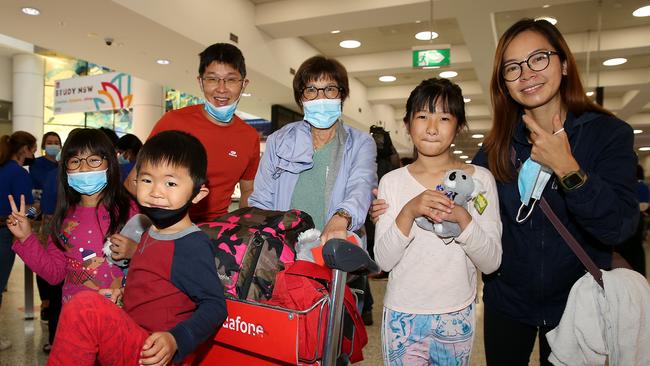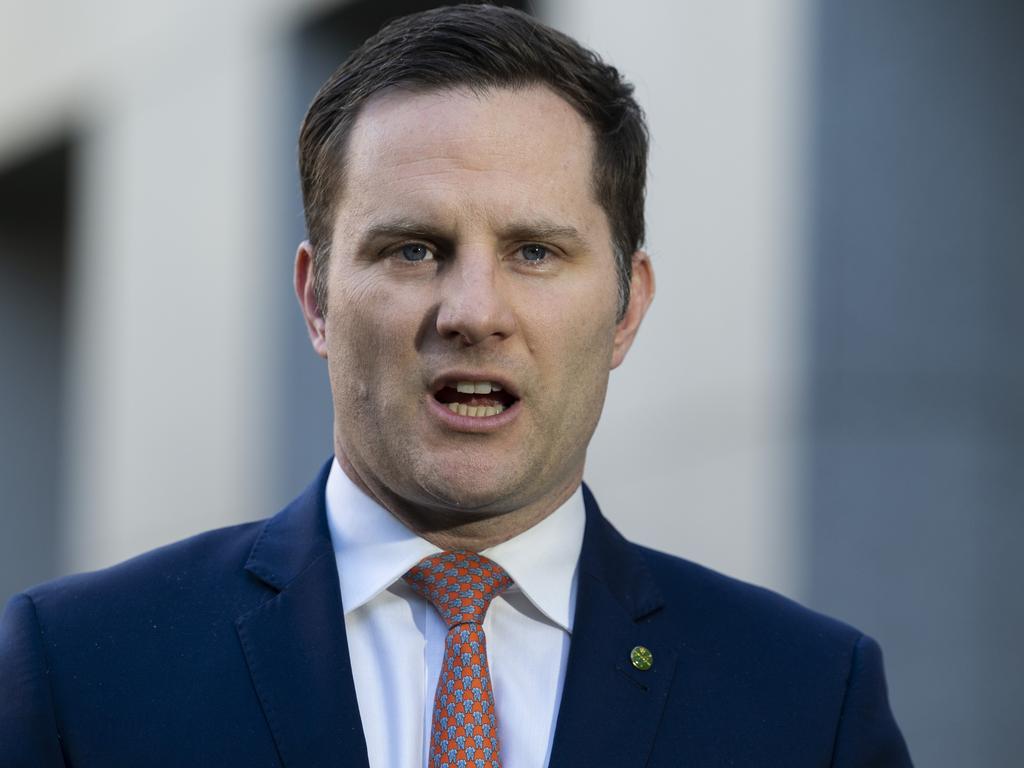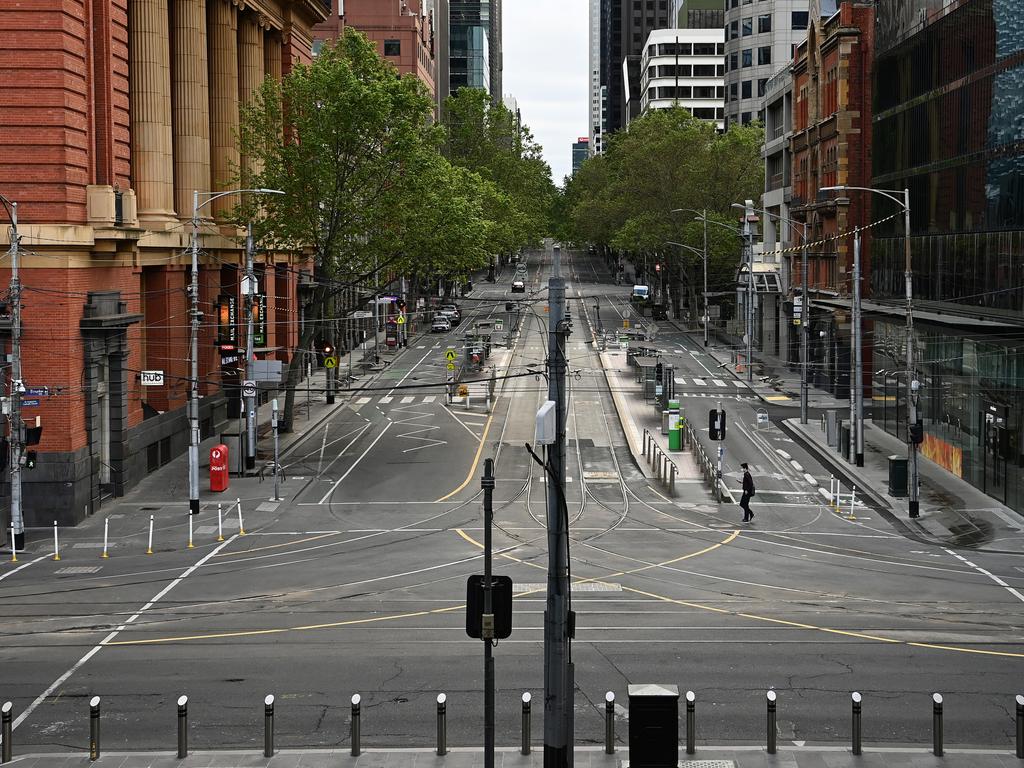
The migration program is much more important to Australian national security than the AUKUS agreement, but it foolishly gets, in security terms, less attention than AUKUS, and much less attention than it deserves.
The stress of the government’s announcement is on international students and economic visa holders, mainly people with visas to do a specific job for a specific period.
That’s understandable. These two classes of visa holders offer the greatest short-term economic gain.
But the real key to Australia’s long-term future, in economic, social and, above all, national security terms, is permanent migrants. There are 160,000 students with visas waiting to come, and more than 50,000 economic visa holders, plus a few thousands humanitarian visa holders and a million-odd others, mainly tourists.
There is no separate figure for permanent migrants overall, but concealed within most of those numbers are people who will in time apply to become permanent migrants.
In recent decades, Australian migration policy has moved away somewhat from the classic points system – for which we are justly famous – and towards a process where people with prolonged exposure to our country get to change their visa status to permanent, especially if they have a job or a job offer.
And even migrants applying directly from overseas have a much better chance if they have a job waiting for them.
That’s fair enough, so long as we recognise that economics, like personal careers, are dynamic, and the key is to get the best people rather than mechanically lining them up with their first job.
Migration is neither good nor bad in itself. If you get good people coming to Australia, that’s great for the economy, the society and national security. If you get bad people coming here, it’s the reverse.
But no country more urgently needs good migrants than does Australia.
Despite crowded areas in some of our cities, and poor transport infrastructure and overly centralised employment clusters within our big cities, we are a radically under-populated nation – a land mass the size of the US, a population the size of Taiwan.
This is a desperately important dimension of our national security.
Strategic weight is a function of economic weight and economic weight is a function of economic size and generally, also, of population size.
The US has a living standard similar to ours but because there are 330 million Americans, it is an immensely powerful nation and effectively impervious to direct attack by any one. Australia is never going to be that big. But size does matter, enormously, fundamentally, irrevocably.
The only witty and true thing Josef Stalin ever said was that in the contest between quality and quantity, quantity has a quality all of its own.
If one day Australia faces a direct security crisis, we will be much better able to cope with it if we are 35 million than 30 million, and we would be much more formidable at 30 million than our present 26 million.
Growth is also the fundamental engine of our economic model; we cannot succeed without growth.
There will be no warning time in a future security crisis. The question will be not what our long-term plans are but how big and powerful we are when the crisis comes.
Bob Menzies knew this in the post-war era when he championed migration levels proportionately vastly bigger than anything we have seen in recent decades.
It also goes long term to the legitimacy of our occupation of this continent. Populate or perish – it was nation-building for Menzies – and basic national security policy.








Scott Morrison has made his boldest and most important decision yet in the Covid fightback in opening Australia again to migrants and visitors.